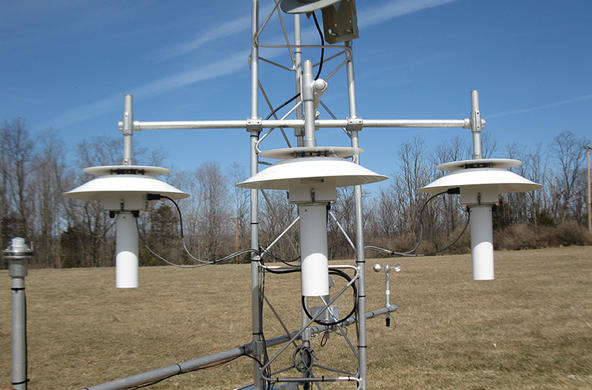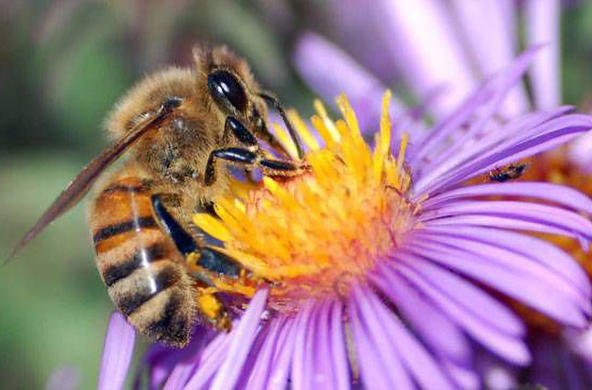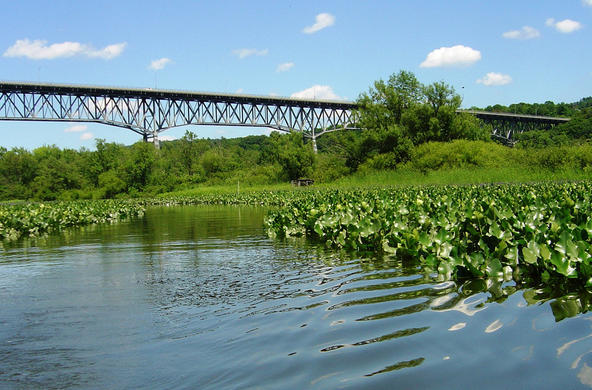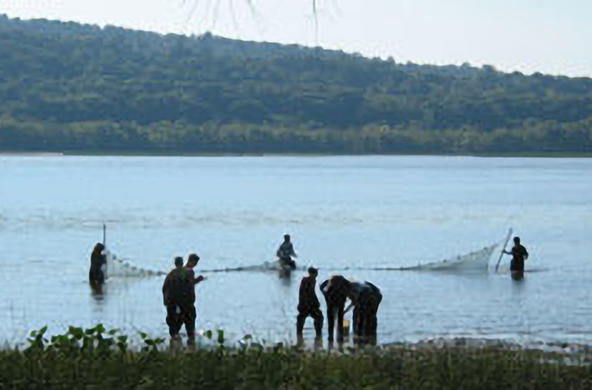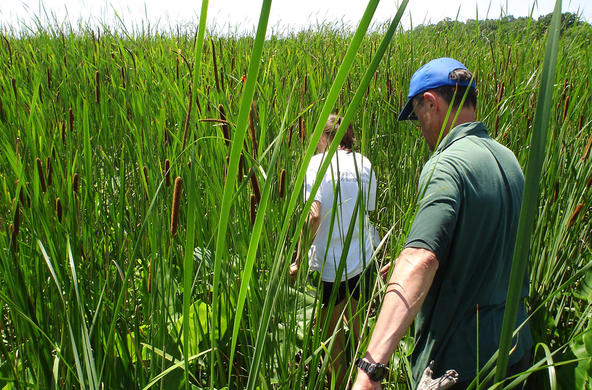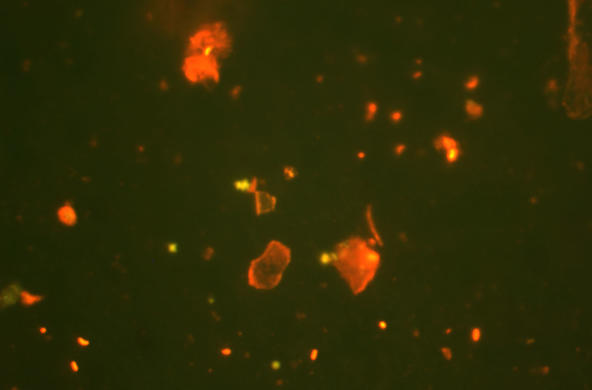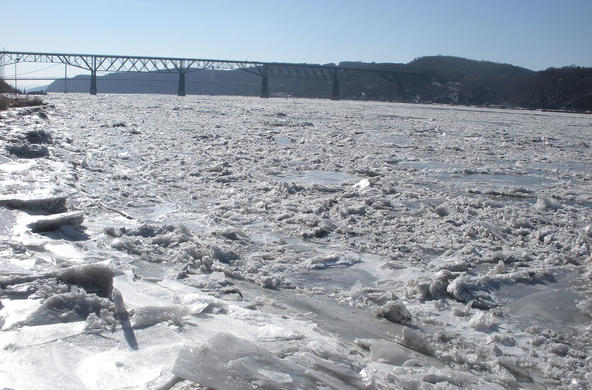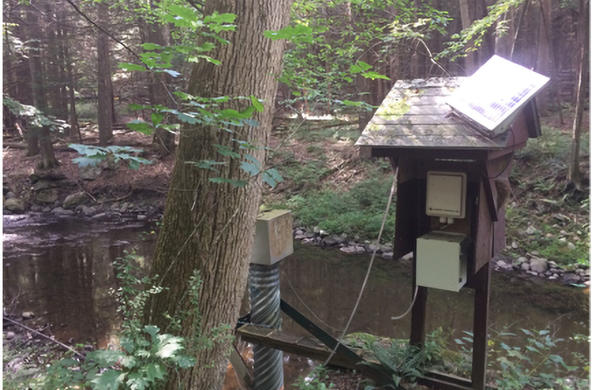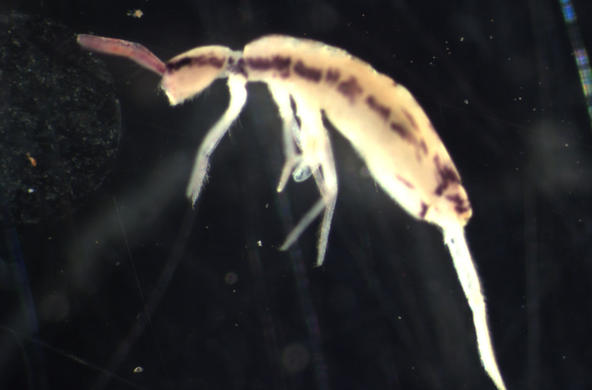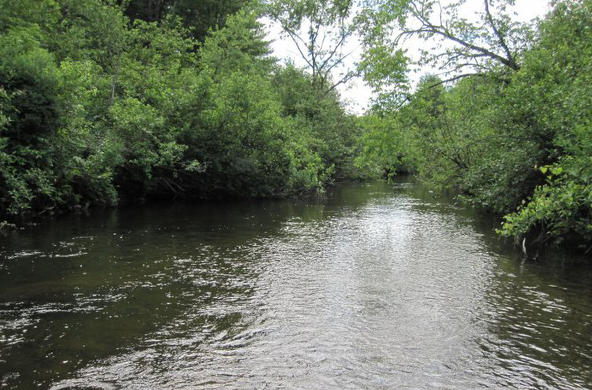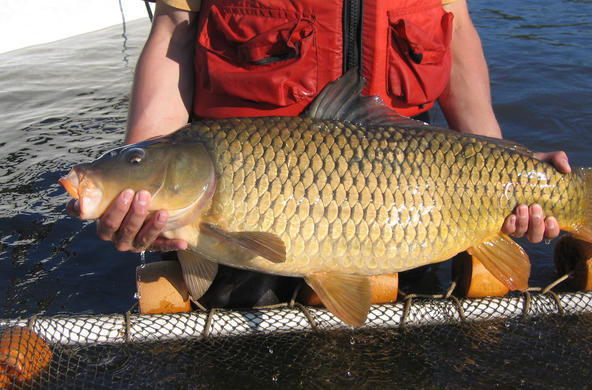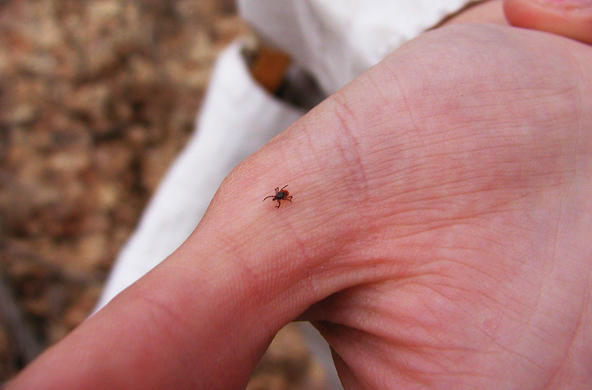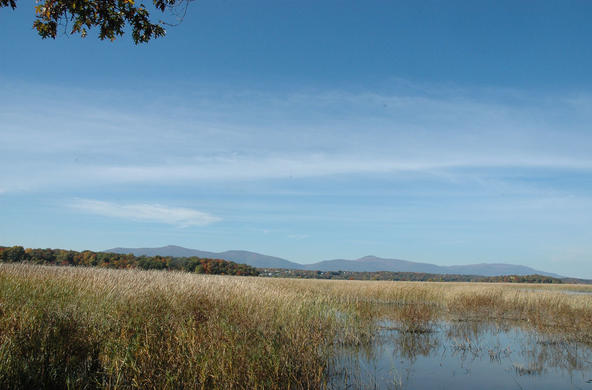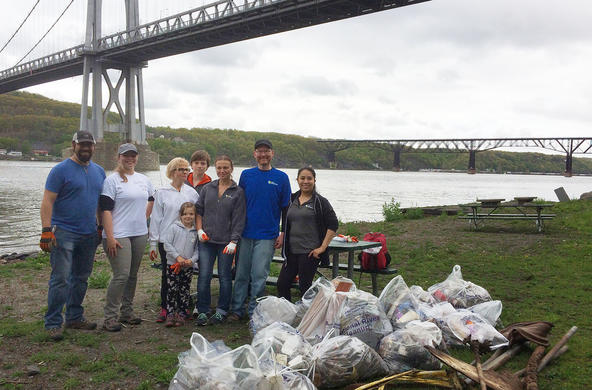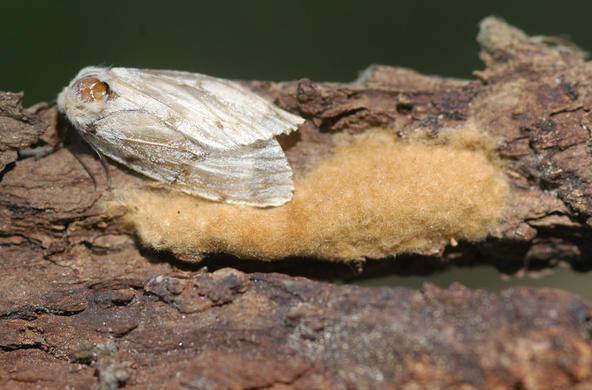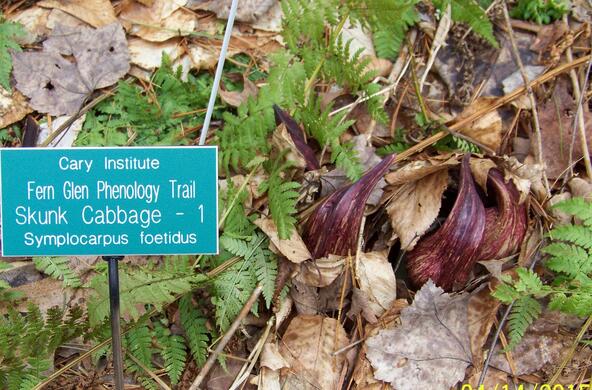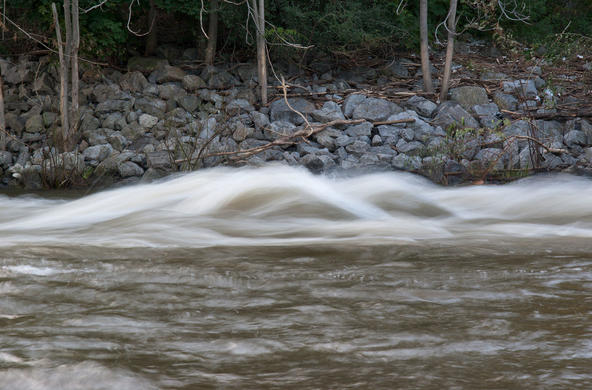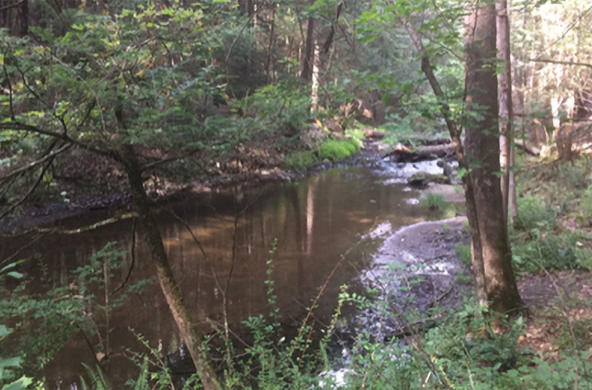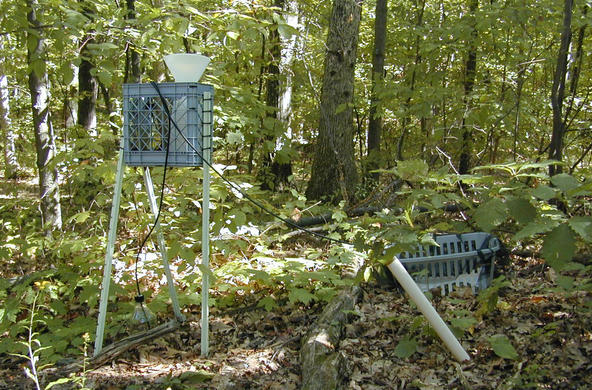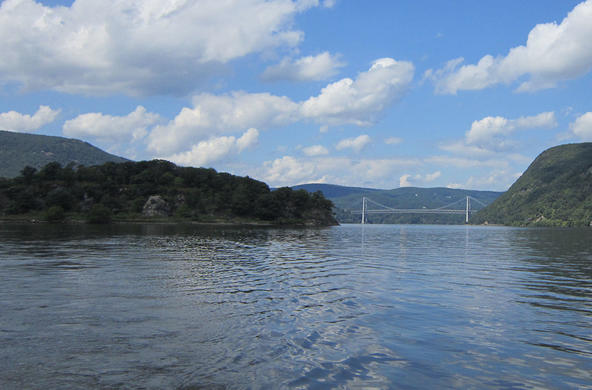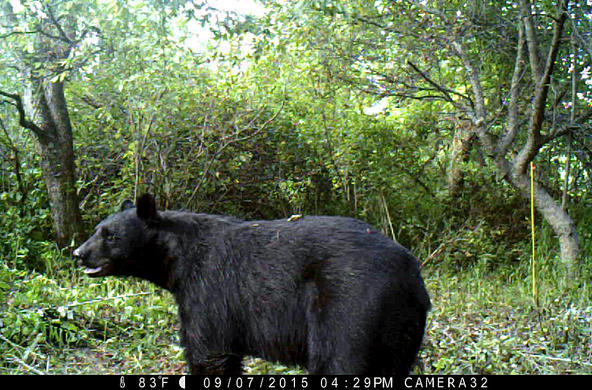Incorporating secondary data into ecology can provide students with a way of supporting their claims from smaller research projects and connecting their work with the real world. In addition to providing units that include secondary data, these materials also highlight the ecological nature of science by providing lessons that focus on key habits of mind to help students think like an ecologist.
Overview
Data literacy
We know that students enjoy doing hands-on experiments, going outside to collect data, and working in small groups to answer a scientific question. However, the structure of the classroom often limits students' ability to carry out long-term, large-scale investigations, leading students to make claims about scientific phenomena based on a "snapshot" of data. Another issue is that data analysis becomes synonymous with visually interpreting graphs instead of focusing on key components of data interpretation, such as how variability affects one's ability to support a claim, or whether the results are truly statistically significant.
Ecological Nature of Science
A citizenry that can apply science to important environmental issues, such as climate change, environmental degradation, or persistent pollutants in our water systems, is essential if we are to make sound decisions and create policies that will protect the vital ecosystems that sustain us. However, at this time fewer than 20% of Americans are sufficiently literate to read a science article in a major newspaper, understand a science-based television program, or comprehend a popular science book (Miller 2002). Measures of environmental literacy in particular are similarly discouraging (Coyle 2005). Virtually all definitions of scientific literacy include a basic appreciation of the nature of science (NOS), and this dimension is included in the definitions of ecological literacy the PI’s of this proposal have promulgated as well (Jordan et al. 2009; Berkowitz et al. 2005). Understanding how evidence is collected, evaluated and applied to address pressing problems is an essential component of NOS, something that every high school graduate should have. We want to know: What are the essential elements of the ecological nature of science, and how can these best be taught and learned? How can the ecological nature of science skills and understandings be applied for effective environmental citizenship?
The materials in this section have been developed in these projects:
Data Explorations in Ecology Project
Teaching the Nature of Ecological Science



